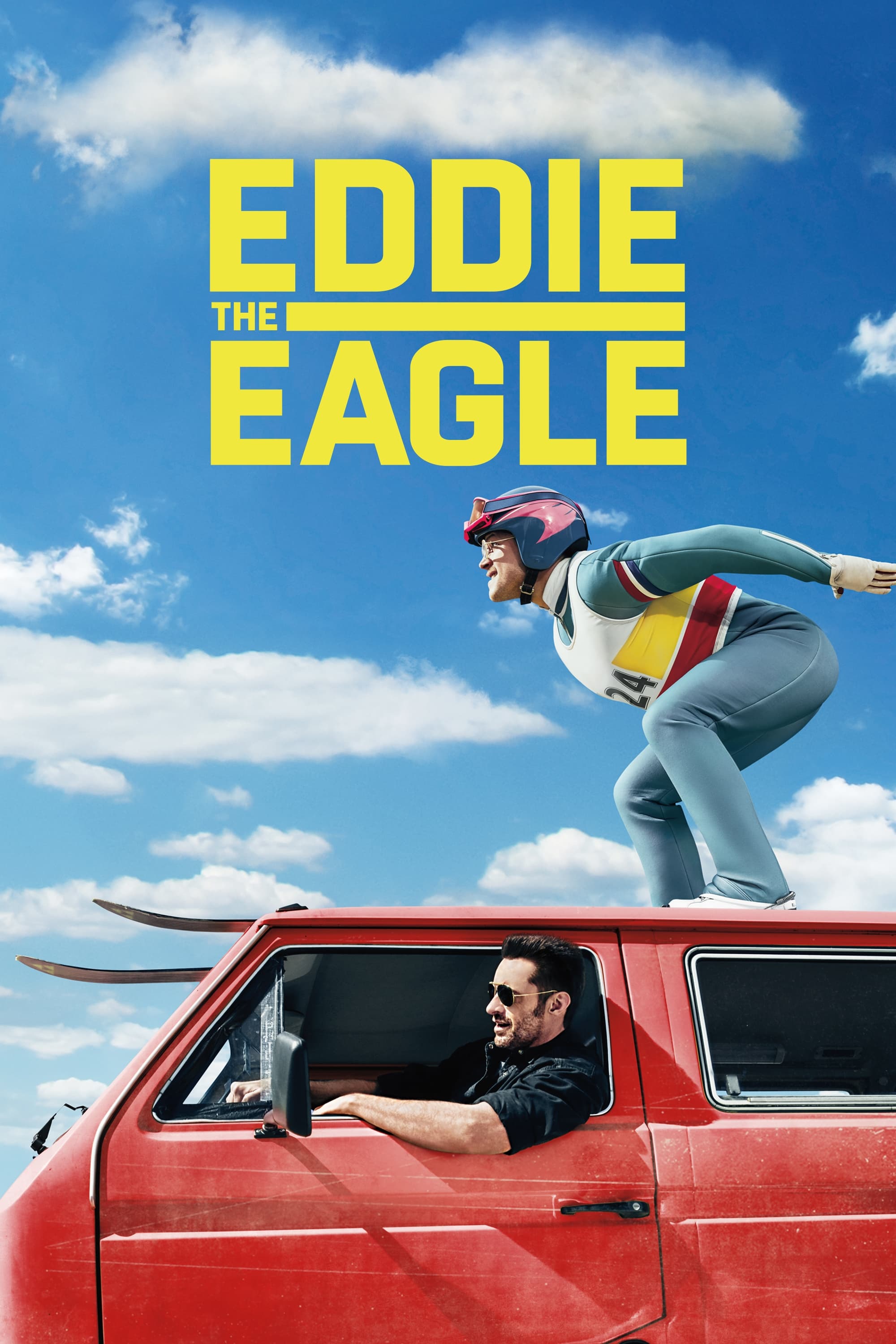

And it is in this specificity that You People finds its most universal theme.
#EDDIE MOVIE MOVIE#
But despite the younger generation’s attempts to build bridges and allow love to conquer all, the cultural and racial baggage between the two communities, the movie suggests, makes it almost impossible for two people from radically different backgrounds to sustain a relationship in modern-day America. Ezra, too, is deeply irritated by Akbar’s unwillingness to accept him for who he is a ‘white boy’ who happens to love his daughter.Īmira and Ezra’s families mean no harm, and unlike Shelley, Akbar isn’t at all concerned about being politically correct. She wants to be treated like a person first and a Black woman later. She’s tired of being treated like a new toy symbolic proof of her future mother-in-law’s wokeness. “She’s, like, an idiot, but she means well,” Ezra says about his mother, as Amira’s patience begins to run out. Read more | Stutz movie review: Jonah Hill bares his soul in moving Netflix documentary It’s virtue-signalling, but in a cute way. In her first meeting with Amira, she overcommits to the progressive identity that she has curated for herself, and starts talking about Magic Johnson, Black Lives Matter, and her hatred for Gone with the Wind (before criticising it was considered the socially responsible thing to do). “Do you hang out in the hood all the time or do you only come here for our food and women? Murphy deadpans in one scene, as he pushes back against Ezra’s efforts to woo him.Įzra himself seems to be in conflict with his parents, particularly his mother Shelley, played by Julia Louis Dreyfus. He’s instantly wary of Ezra, who appears to be in active rebellion against his Jewish heritage Hill has retained his bleach-blonde hair and tattoos. An unusually muted Eddie Murphy enters the picture as Amira’s devout Muslim dad, Akbar. A stinging examination of interracial relationships in contemporary America might be difficult to digest for most audiences, but an observational comedy about idiosyncratic families is immensely relatable.Īnd this is the angle that Barris leans into as Amira and Ezra take their relationship to the next level, and the movie enters its second act. Which is why the biggest hits are often the ones that strike a universal chord. They hit it off on the way, and before we know it, he’s asked her out on a proper date.Īs a genre, comedy famously doesn’t travel. Extremely mortified and profusely apologetic, Ezra, in an act of good-faith, offers to help her with directions to wherever she’s going.
#EDDIE MOVIE DRIVER#
She accuses him of racism, given his inability to tell her apart from the Black driver on his Uber app, but this hits a nerve. Ezra tries to tell Amira that both she and her car match the description of his ride on the app, but she’s having none of it. He absent-mindedly enters her parked car having mistaken it for his Uber, and she, very understandably, almost beats him up. The movie’s byzantine commodities hustler plot is second to the movie’s killer comedy lines, great set pieces, and cartoonish action choreographed by director John Landis to perfection.Consider Ezra and Amira’s meet cute on a hot LA morning. He is plucked from jail and given the privileged life of Aykroyd’s Louis Winthorpe III, while the latter is insulted and left penniless. Murphy plays motormouth Philadelphia street hustler Billy Ray Valentine, who finds himself in the middle of a “social experiment” conducted by Wall Street tycoons Randolph and Mortimer Duke (played with devilish aplomb by veteran character actors Don Ameche and Ralph Bellamy). This was only Eddie Murphy’s second movie, and – unfortunate blackface scene aside – it has cemented its place as one of the best movies in the career of its cast, which includes Jamie Lee Curtis and fellow SNL alum Dan Aykroyd as well as one of the finest comedies of the decade, period.


 0 kommentar(er)
0 kommentar(er)
